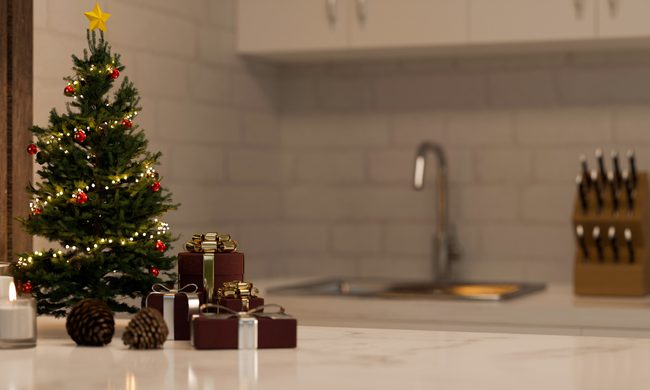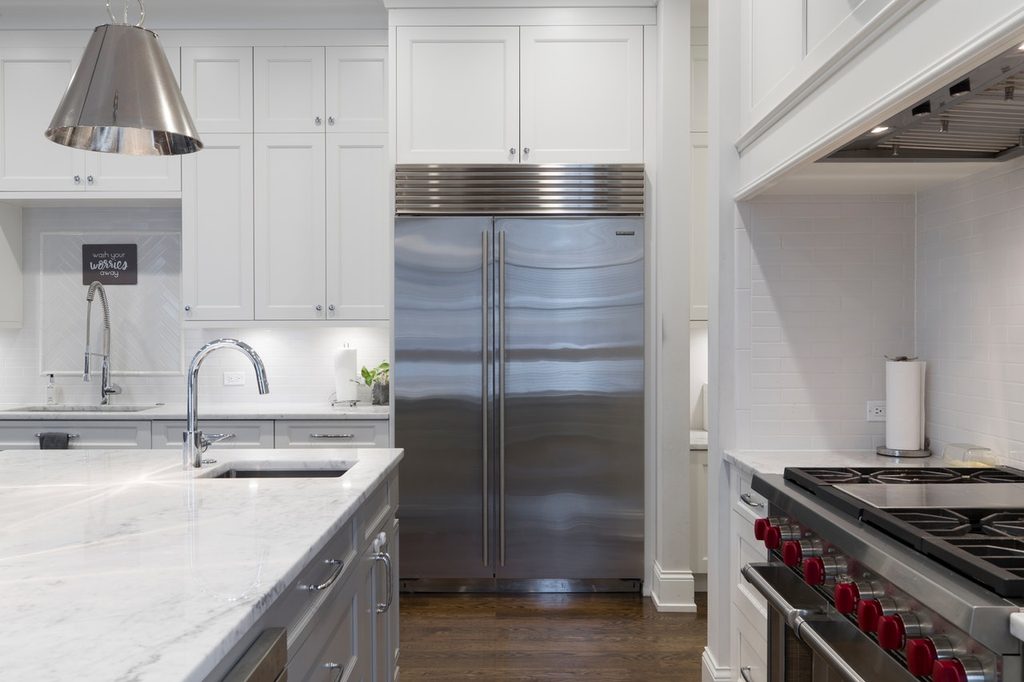
Investing in a refrigerator for your home is a decision that requires careful consideration, particularly concerning its lifespan. Understanding the typical longevity of these important kitchen appliances and the various factors influencing them is crucial, especially if you’re a first-time buyer.
So, how long do refrigerators last, and what do you need to consider when buying one? We’ll help you make informed choices when selecting the right appliance for your needs.
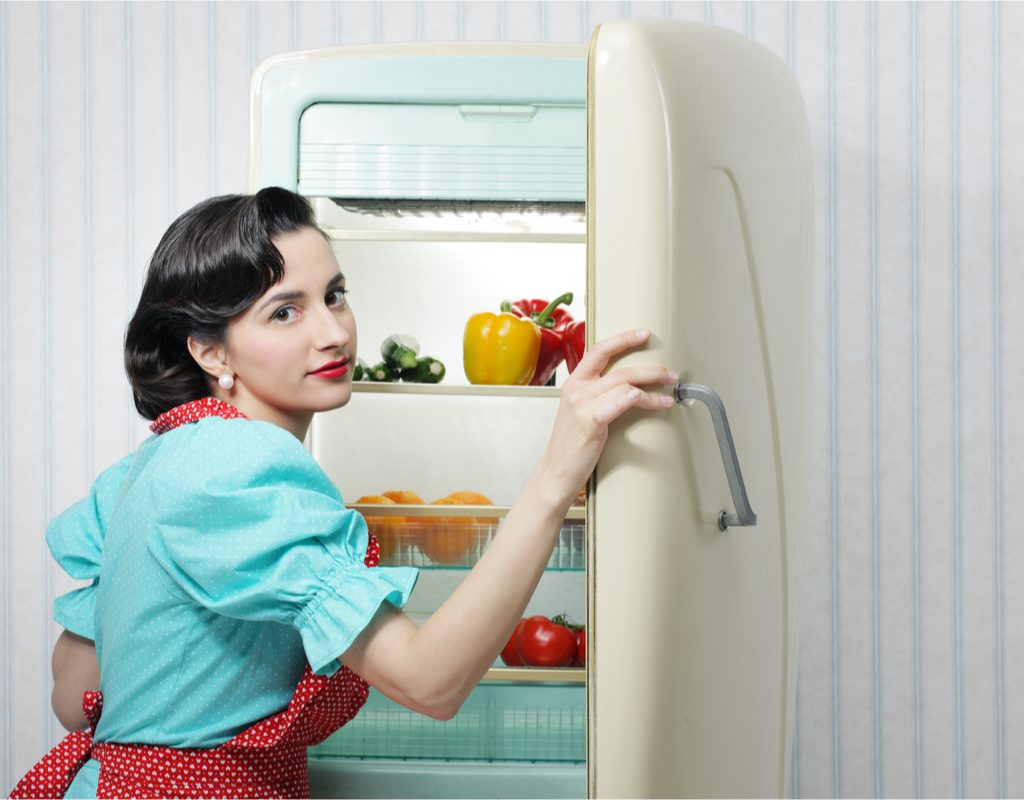
How long do refrigerators last on average?
The lifespan of a refrigerator is a significant consideration when you’re in the market for one of these appliances, as it directly impacts its value and your peace of mind. On average, refrigerators are expected to last between 10 and 18 years, but this estimate can vary depending on several factors.
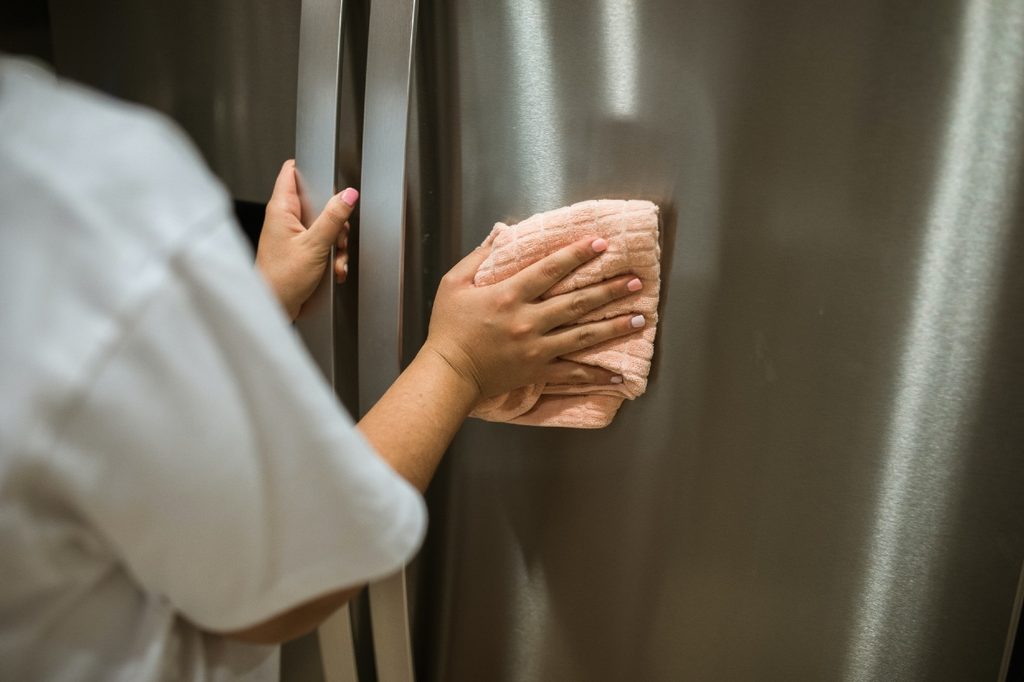
Factors that affect refrigerator longevity
Model and brand
The quality and reputation of the refrigerator brand, as well as the specific model of the refrigerator, are crucial determinants of its longevity. Higher-end models from reputable brands often feature better insulation, more durable components, and advanced technologies, which can contribute to a longer lifespan compared to off-brand or more economical alternatives.
Cleaning and maintenance habits
Regular cleaning and maintenance play a crucial role in extending the lifespan of a refrigerator. Dust, dirt, and debris can accumulate on the coils and other internal components over time, causing the appliance to work harder and potentially shortening its lifespan. Simple tasks such as cleaning the interior of the refrigerator regularly, defrosting when necessary, and vacuuming the coils can help maintain optimal performance and prolong the life of the refrigerator.
Freezer placement
The location of the freezer within the refrigerator can also impact its lifespan. Refrigerators with a freezer located on the top tend to last longer than those with a bottom freezer. This is because hot air rises, and having the freezer on top helps prevent the compressor from overworking to maintain a consistent temperature throughout the appliance.
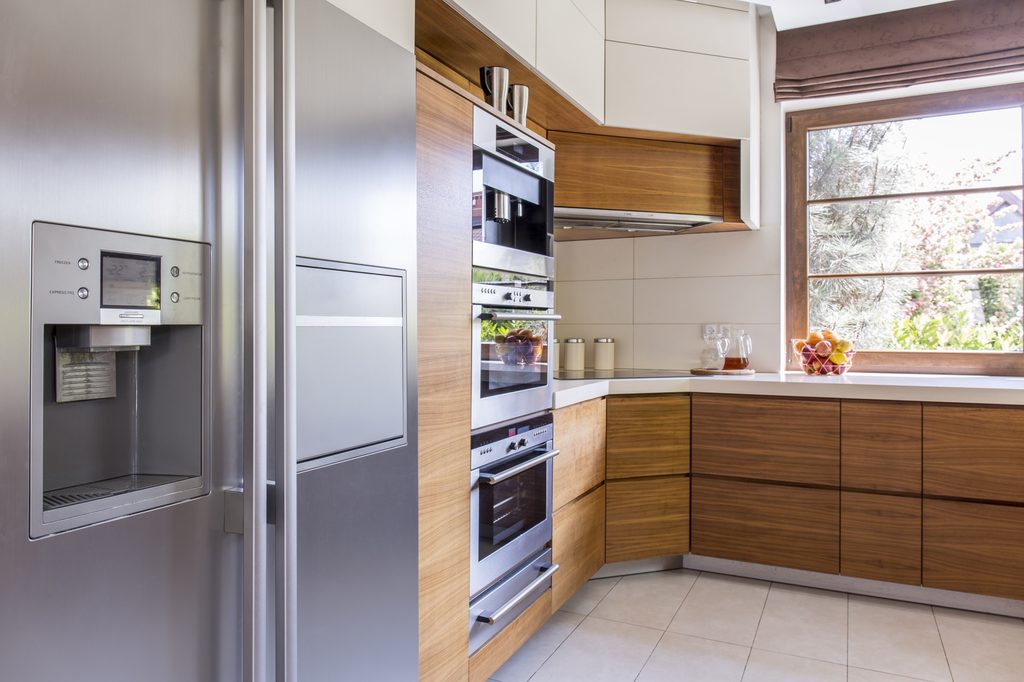
How do you know when your refrigerator is dying?
Recognizing the signs of a failing refrigerator is essential for homeowners to take timely action and avoid potential food spoilage or costly repairs. Some common indicators that your refrigerator may be nearing the end of its lifespan include:
- Unusual noises: Excessive noise or strange sounds coming from the refrigerator, such as buzzing, rattling, or knocking, could indicate underlying mechanical issues that require attention.
- Temperature fluctuations: Inconsistent temperatures inside the refrigerator, including warm spots or frequent fluctuations, may signal a malfunctioning thermostat or compressor, indicating that the appliance is struggling to maintain the desired temperature.
- Leaks or moisture buildup: Any signs of moisture buildup or leaks inside or around the refrigerator, particularly near the door seals or water dispenser, may indicate a problem with the appliance’s seals or internal components, potentially leading to further damage if left unaddressed.
- Increased energy consumption: A sudden spike in energy bills without any significant changes in usage patterns could indicate that the refrigerator is working harder than usual to maintain its functionality, which may be due to aging components or mechanical issues.
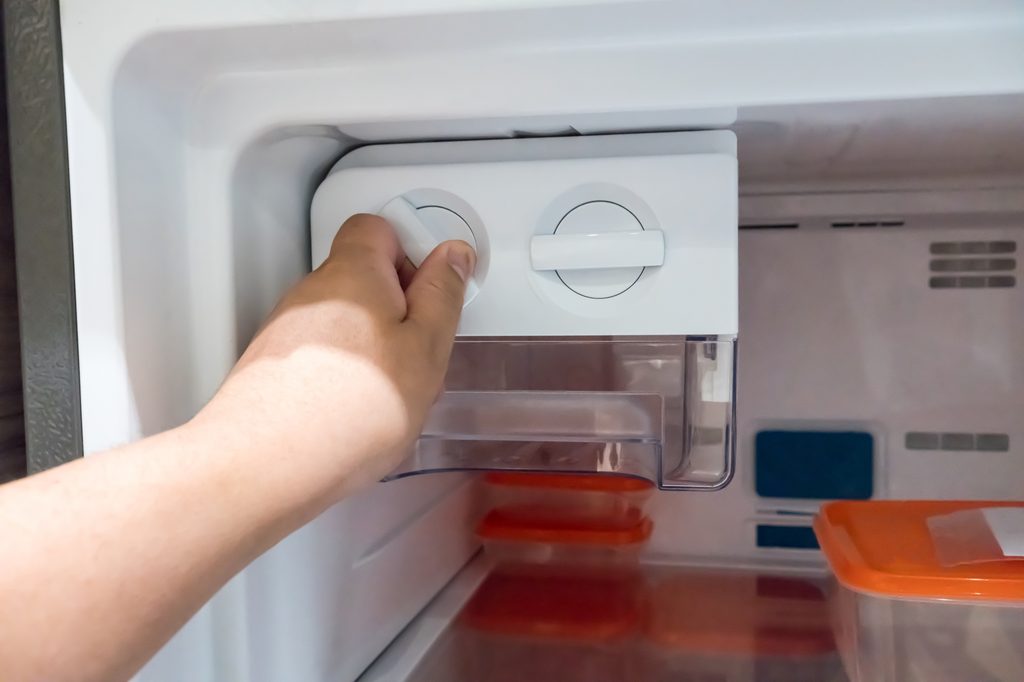
Tips for extending your refrigerator’s lifespan
To maximize the lifespan of your refrigerator and ensure optimal performance, consider implementing the following tips:
- Clean the interior and exterior of the refrigerator regularly to remove dust, dirt, and debris that can accumulate over time and affect its efficiency.
- Inspect the door seals and gaskets regularly for any signs of wear, tears, or damage, as faulty seals can allow cold air to escape, leading to increased energy consumption and potential food spoilage.
- Avoid overloading the refrigerator with food items, as this can strain the compressor and other internal components, causing premature wear and tear. Keep your refrigerator organized and tidy instead.
- Keep an eye on the temperature settings and adjust them as needed to ensure that the refrigerator maintains the optimal temperature for food storage.
The longevity of a refrigerator is a crucial consideration if you’re looking to make a wise investment in your kitchen appliances. By understanding the factors that influence how long a refrigerator lasts and recognizing the signs of a failing appliance, you can make informed decisions and take proactive steps to extend the lifespan of your refrigerator, ensuring years of reliable performance and food preservation for your household.



